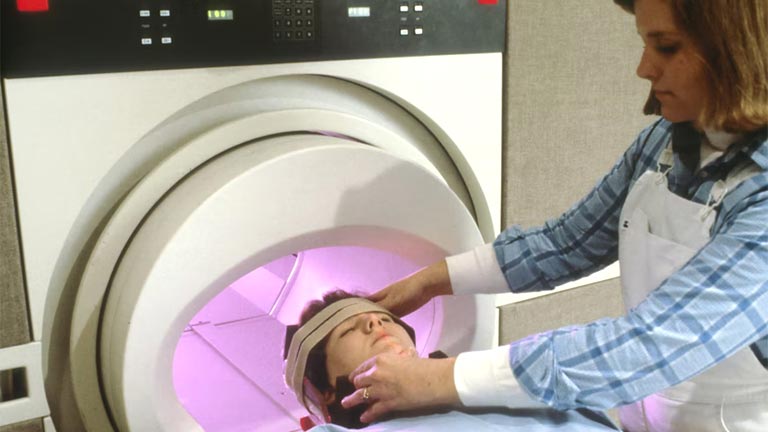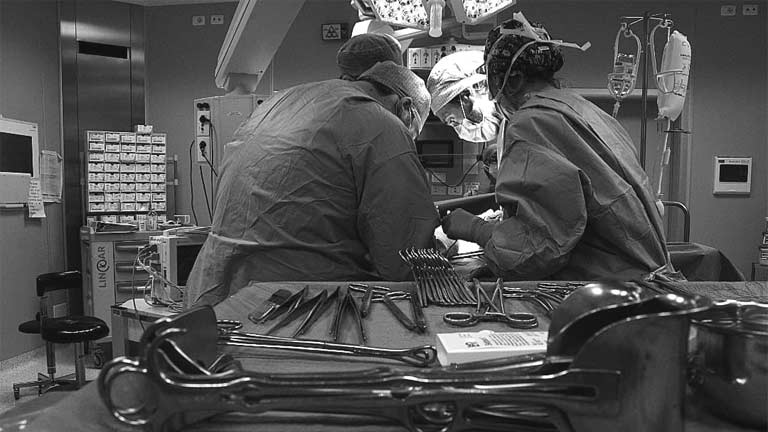
MRI scans are a type of medical imaging that uses magnetic fields and radio waves to create comprehensively detailed images of the inside of your body. They are often used to diagnose or rule out cancer, heart disease, and blood vessel disorders.
MRI scans are generally safe and do not involve exposure to ionising radiation. However, the narrow MRI machine has a small risk of becoming dizzy or feeling claustrophobic. Here is what you should be knowledgeable of when it comes to the uses of MRI scans and more:
How Do MRI Scans Work?
MRI scans utilise powerful magnetic fields and radio waves to create detailed images of the inner body. The magnetic field helps align the hydrogen atoms in your body, and the radio waves cause these atoms to emit signals.
A computer then converts these signals into detailed images. MRI scans can look at almost any part of the body, including the brain, spine, organs, and joints. They are also sometimes used to guide biopsies and other procedures.
The technology has continued to evolve in recent years, making them an increasingly helpful tool for diagnosing and managing medical conditions.
Why Should You Opt for MRI Scans?
One significant benefit of MRI scans is that they don’t use ionizing radiation. It is the kind of radiation used in X-rays and CT scans, and it’s been linked to an increased risk of cancer. On the other hand, MRI scans use magnetic fields and radio waves, which are generally much safer.
Additionally, they provide much more detailed images than X-rays or CT scans. This means that they can often detect problems that would otherwise go undetected.
For example, an MRI scan can show whether there is inflammation in the brain or damage to the spinal cord. Finally, scans are generally very well tolerated by patients. Some people may experience claustrophobia or anxiety during the scan, but this is usually only temporary. Overall, they are safe and effective in obtaining detailed body images.
How to Get Ready for an MRI Scan?
Most MRI scans are performed on an outpatient basis, so you won’t have to stay in the hospital overnight. You may be asked to arrive a few minutes early to fill out paperwork and change into a hospital gown.
During such a procedure, you will be asked to lie on a table that slides into the centre of the MRI machine. The machine is large and cylindrical, and it may be noisy. You will be able to communicate with the technologist through an intercom system, and it will be able to view you at all times. The procedure takes 30–60 minutes, and you will be able to go home afterwards.
What to Expect After an MRI Scan?
After an MRI, you will be able to go home and resume your normal activities. A radiologist will interpret the various images from the scan and send a detailed report to your physician. Your doctor will then discuss the results and recommend further treatment for you.
Overall, MRI scans are a safe and effective way to obtain detailed body images. You can find out about various utilisation of MRI scans with proper research. They can detect a wide range of conditions, and they don’t involve exposure to ionising radiation.




